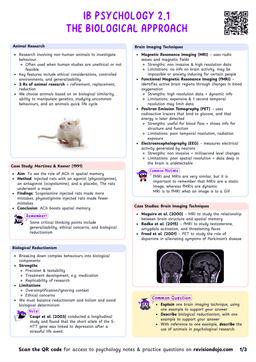Compliance Techniques
Compliance
A form of social influence where individuals change their behavior in response to a direct request from another person or group.
Key Compliance Techniques
- Reciprocity: The tendency to feel obligated to return a favor or concession.
- Foot-in-the-Door (FITD): Starting with a small request to increase the likelihood of agreement to a larger request. This is due to people preferring to be consistent with self-image.
- Door-in-the-Face (DITF): Making a large request that is likely to be refused, followed by a smaller, more reasonable request.
- Lowballing: Securing agreement to a request and then increasing the cost or effort required.
- That's-not-all: Prior to the person making a decision, more information is added to make the offer look more attractive.
Cialdini et al. (1975)
Aim
To investigate the effectiveness of the Door-in-the-Face (DITF) technique.
Method
- Participants were approached with one of two requests:
- A large request: Volunteering for two hours per week for two years at a juvenile detention center.
- A smaller request: Chaperoning a group of juvenile delinquents on a one-day trip to the zoo.
- In the experimental condition, participants were first asked the large request, followed by the smaller request if they refused.
- In the control condition, participants were only asked the smaller request.
Results
- DITF Condition: 50% agreed to the smaller request.
- Control Condition: Only 16.7% agreed to the smaller request.
Conclusion
The DITF technique increases compliance by making the second request seem more reasonable in comparison to the initial, larger request.
Factors in Compliance
- Reciprocity norm: we are likely to return favours.
- Social consensus: we are likely to comply with a request if we think other people are also complying with the request.
- Authority: we are likely to comply with requests from authoritative figures.
- Liking people: we are likely to comply with requests from people we enjoy.
- Scarcity: we are likely to comply with requests that do not come up often (opportunities).
Applications and Implications
- Marketing and Sales: Compliance techniques are widely used in advertising and sales strategies.
- Charity and Fundraising: Organizations often use FITD or DITF to increase donations or volunteer participation.
- Social and Environmental Campaigns: Techniques like FITD are used to promote behaviors such as recycling or energy conservation.
Critical Thinking
Strengths
- Practical Applications: Compliance research has real-world applications in marketing, fundraising, and social campaigns.
- Experimental Control: Studies like Cialdini et al. (1975) use controlled conditions to isolate specific variables.
Limitations
- Ethical Concerns: Some techniques, such as lowballing, may be considered manipulative.
- Cultural Variability: Compliance rates may vary across cultures, particularly in individualistic vs. collectivist societies.
- Ecological Validity: Laboratory studies may not fully capture real-world compliance scenarios.
Alternative Explanations
- Social Norms: Compliance may be driven by a desire to conform to social expectations rather than the specific technique used.
- Personal Factors: Individual differences, such as personality traits or mood, can influence compliance rates.
- Do not confuse compliance with obedience.
- Compliance involves requests from equals, while obedience involves following orders from an authority figure.
- Can you explain the difference between compliance and obedience?
- How might cultural factors influence the effectiveness of compliance techniques?
- What ethical considerations arise when using compliance techniques in real-world settings?


